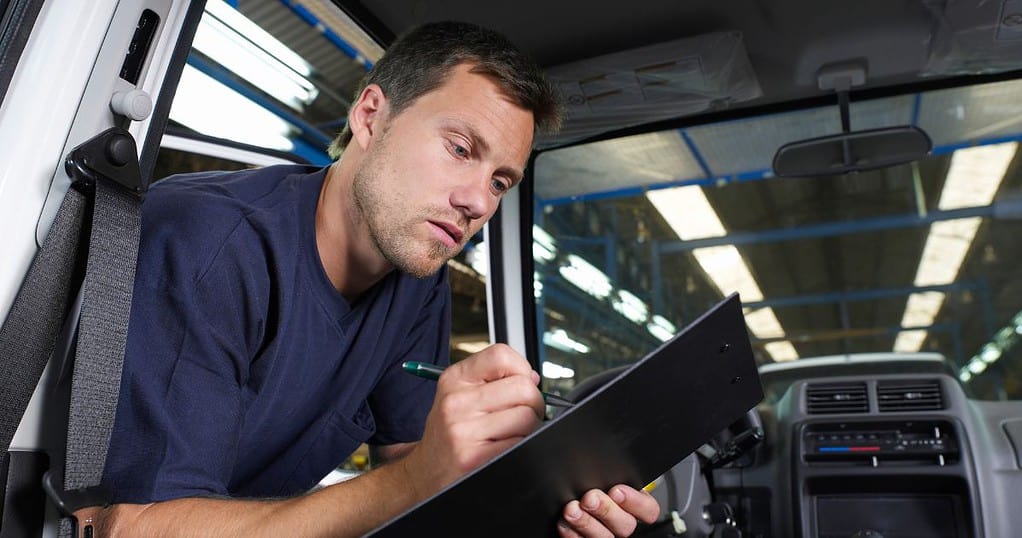Best Time to Buy a Used Car: Tips and Tricks
If you’re in the market for a used car, timing can be everything. Knowing when to buy can help you save money and get the best deal possible. While there’s no one-size-fits-all answer to the question of when the best time to buy a used car is, there are certain times of the year and specific events that can work to your advantage.

One of the best times to buy a used car is at the end of the year, particularly in December. This is because dealerships are eager to clear out their inventory to make room for new models that will be arriving soon.
The end of the year is when dealerships are trying to meet their sales goals, so they may be more willing to negotiate on price and offer incentives to get you to buy.
Another good time to buy a used car is during holiday weekends, such as Memorial Day, Labor Day, and Black Friday. Dealerships often run sales and promotions during these times to attract buyers, which can mean big savings for you. Additionally, if you’re willing to brave the crowds, attending a used car auction can be a great way to get a good deal on a used car.
Factors to Consider
Buying a used car can be a smart financial decision, but it’s important to consider a few factors before making a purchase. Here are some key things to keep in mind:
- Age and mileage: The age and mileage of a used car are important factors to consider. Generally, the older the car and the more miles it has, the less reliable it may be. However, a well-maintained car with high mileage can still be a good option.
- Condition: It’s important to inspect the condition of a used car before buying it. Look for signs of wear and tear, such as dents, scratches, and rust. Check the tires, brakes, and suspension to make sure they’re in good shape.
- History: Be sure to check the vehicle history report before buying a used car. This report will provide information about the car’s previous owners, accidents, and repairs. It can also reveal any liens or other issues that may affect the car’s value.
- Price: The price of a used car is an important factor to consider. Do some research to find out what similar cars are selling for in your area. This will give you an idea of whether the asking price is fair.
- Warranty: Some used cars come with a warranty, while others are sold “as is.” Be sure to ask about the warranty before buying a used car. If the car doesn’t come with a warranty, you may want to consider purchasing an extended warranty.
By considering these factors, you can make an informed decision when buying a used car. Keep in mind that every car is unique, so it’s important to do your research and take your time when making a purchase.

Best Months to Buy a Used Car
Buying a used car can be a great way to save money, but choosing the right time to make your purchase can save you even more. Here are the best months to buy a used car:
- December: As the end of the year approaches, dealerships are eager to clear out their inventory to make room for new models. This means they may be more willing to negotiate on price, making December a great time to buy a used car.
- January and February: After the holiday season, many people are focused on paying off credit card bills and may not be in the market for a car. This can lead to lower demand and lower prices for used cars.
- July and August: As the new model year approaches, dealerships may be looking to get rid of older inventory. This can mean lower prices and more negotiating power for buyers.
It’s worth noting that while these months may offer better deals, it’s important to do your research and shop around to find the best price on the specific make and model you’re interested in. Additionally, consider factors like the car’s condition, mileage, and history when making your purchase.
Best Days of the Week to Buy a Used Car
Timing is everything when it comes to buying a used car. Not only can it affect the price you pay, but it can also determine the quality of the vehicle you end up with. Here are the best days of the week to buy a used car:
- Mondays: Dealerships often receive trade-ins over the weekend, so Mondays are a good day to find fresh inventory.
- Tuesdays: Many dealerships hold their weekly staff meetings on Tuesdays, which means they may be more motivated to close deals and meet sales goals.
- Wednesdays: Midweek is typically a slow time for dealerships, so they may be more willing to negotiate on prices.
- Thursdays: Dealerships may start to lower prices on cars that have been on the lot for a while in anticipation of the weekend rush.
- Fridays: Like Mondays, Fridays can be a good day to find fresh inventory as dealerships prepare for the weekend rush.
Of course, these are just general guidelines and there’s no guarantee that you’ll get a better deal on a used car if you buy it on a certain day of the week. However, by keeping these tips in mind, you may be able to find a great deal on a quality used car that fits your budget and needs.
Best Time of Day to Buy a Used Car
When it comes to buying a used car, timing can be everything. Not only is it important to consider the time of year and month, but also the time of day. Here are some tips on the best time of day to buy a used car:
- Early Morning: Dealerships are typically less busy in the early morning, making it a good time to negotiate a deal.
- Late at Night: Similar to early morning, late at night can be a good time to buy a used car. Dealerships may be more willing to negotiate as they are eager to close a deal before the end of the day.
- Weekdays: Buying a used car during the week can also work in your favor. Dealerships tend to be less busy during weekdays, which means they may be more willing to negotiate on price.
Keep in mind that these tips may not work for everyone. It’s important to do your research and find the best time that works for you and the dealership. Additionally, it’s important to note that while timing can be important, it’s not the only factor to consider when buying a used car. Make sure to thoroughly inspect the car, take it for a test drive, and review the vehicle history report before making a purchase.
Quotes and Statistics
- Best time of day: “The best time to buy a car is during the weekdays when showrooms are less busy. Also, the end of the month can be a good time to buy a car because salespeople may be more willing to negotiate to meet their monthly sales quota.” – Bankrate
- Best day of the week: “The best day to buy a car is on a Monday or Tuesday, since fewer people shop for cars on these days. This can give you an advantage in negotiating a lower price.” – NerdWallet
- Best time of year: “The best time to buy a car is usually towards the end of the year, in November or December, when dealerships are trying to clear out old models to make room for new ones. Another good time is around the end of the financial year, when dealerships may offer discounts to meet their sales targets.” – CarsGuide
- Statistics: “According to TrueCar, the average discount on a new car purchase in the U.S. is around 8.3% off the manufacturer’s suggested retail price (MSRP) in December, compared to about 7.5% in January, and around 7% in the summer months.” – Forbes
Conclusion
Buying a used car can be a smart financial decision, but timing is everything. Our research has shown that the best time to buy a used car is during the fall and winter months, particularly in November and December.
During this time, dealerships are motivated to clear out inventory before the end of the year and make room for new models. This can lead to significant discounts and better negotiation power for buyers.
It’s also important to consider the specific make and model of the car you’re interested in. Some cars may have better deals during different times of the year due to factors such as popularity or demand. Be sure to do your research and keep an eye on prices throughout the year to ensure you’re getting the best deal possible.
Additionally, it’s important to consider the condition of the car and its history before making a purchase. Always get a vehicle history report and have the car inspected by a trusted mechanic to avoid any unexpected issues down the road.
Overall, by timing your purchase correctly and doing your research, you can save a significant amount of money when buying a used car. Keep these tips in mind and happy car shopping!
